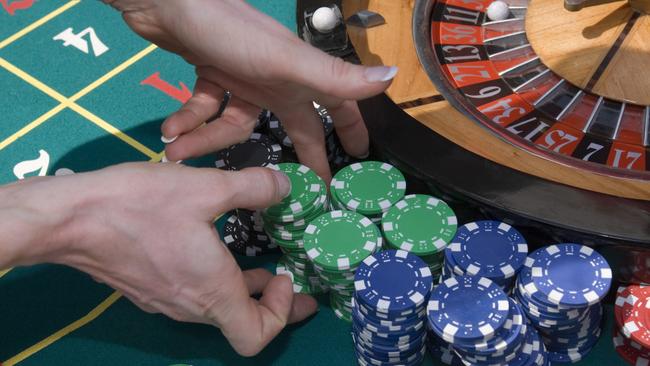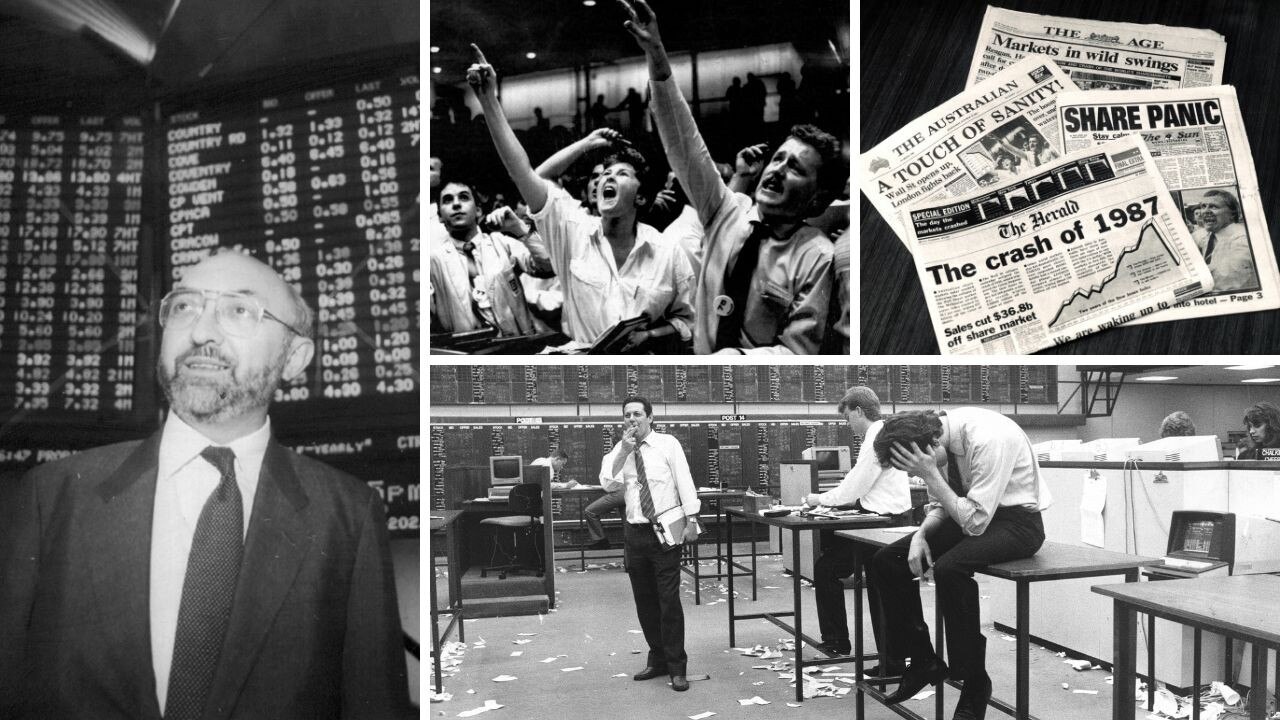Casinos lose gloss in post-Covid reality
Casinos used to be ‘licences to print money’ but they are no longer winners now that the Chinese high-rollers have gone and the fines are mounting for regulatory infractions.

Terry McCrann
Don't miss out on the headlines from Terry McCrann. Followed categories will be added to My News.
Casinos were supposed to be the 21st century government-granted ‘licences to print money’ to replace the 20th century version – the limited number of government-awarded free-to-air TV stations.
They still are – at least, that is, for the governments concerned. Yes, the basic tax flows were interrupted by the Covid years. Sort of like, ‘when the wind don’t blow the power don’t flow’, when the punters were – literally - prohibited from blowing their money, the taxes didn’t flow.
But in those fallow years governments ‘added’ a lucrative additional revenue source from the casinos – all the fines for various and extended regulatory infractions, and which are now approaching a cool billion from the two main groups, Crown and Star.
But for shareholders and boards of directors, they’ve proved graveyards, wealth and director destructors – as the regulatory sins of chasing mostly Chinese high-rollers caught up with them and collided with Covid keeping those very same Chinese and their billions away.
Maybe permanently?
There was no mention of those high-rollers – euphemistically named the ‘VIP business’ – coming back in Wednesday’s depressing update from Star.
The last time they were coming – in the December 2019 half ‘before Covid’ - they left a handy $285m (normalised) behind. Nice, when they, the casinos, were ‘getting it’, especially Crown but also increasingly Star.

In contrast, the Chinese students have started to flow back, with the door being opened at this end and the Covid shackles removed at the other.
Will their parents follow?
It’s of course been literally depressing for the Star share price.
Wednesday’s disclosures lopped 7 per cent off the share price, taking it down to $1.26 and perilously close to the $1.20 per share at which Star raised $800m from its shareholders just two months ago.
It’s an interesting question who has done better – or worse: those shareholders who put fresh money into Star, subscribing for their entitlements; or those who kept their hands in their pockets but still saw the share price slide thanks to the issue and now the update. A non-subscriber with 10,000 Star shares had a holding worth $15,200 before the issue, and now worth just $12,600.
Someone with 10,000 shares who fully subscribed paid out $7200 and now has 16,000 shares worth $20,160. They are down ‘only’ $2240 from the exercise compared with the $2600 lost by a non-subscriber.
But they’ve had to increase their commitment to Star shares by a hefty $7200 to slightly reduce their loss.
Now, while it was Covid which (metaphorically) killed the Chinese high-roller; it was more basically and more pervasively, to borrow from the song, ‘video which has crimped rather than killed the casino licence to print money’.
In exactly the same way, that it has slashed the value of those 20th century lucrative free-to-air licences. By ‘video’, I mean of course, the internet and streaming. With casinos it’s not simply that online gambling now provides an alternative means of separating the punter from his or her money.
It’s also the vast, functionally infinite, alternative uses of the punter’s time and eyeballs, and money, unimaginable back when the casinos were getting underway in the 1990s.
More Coverage
Originally published as Casinos lose gloss in post-Covid reality





